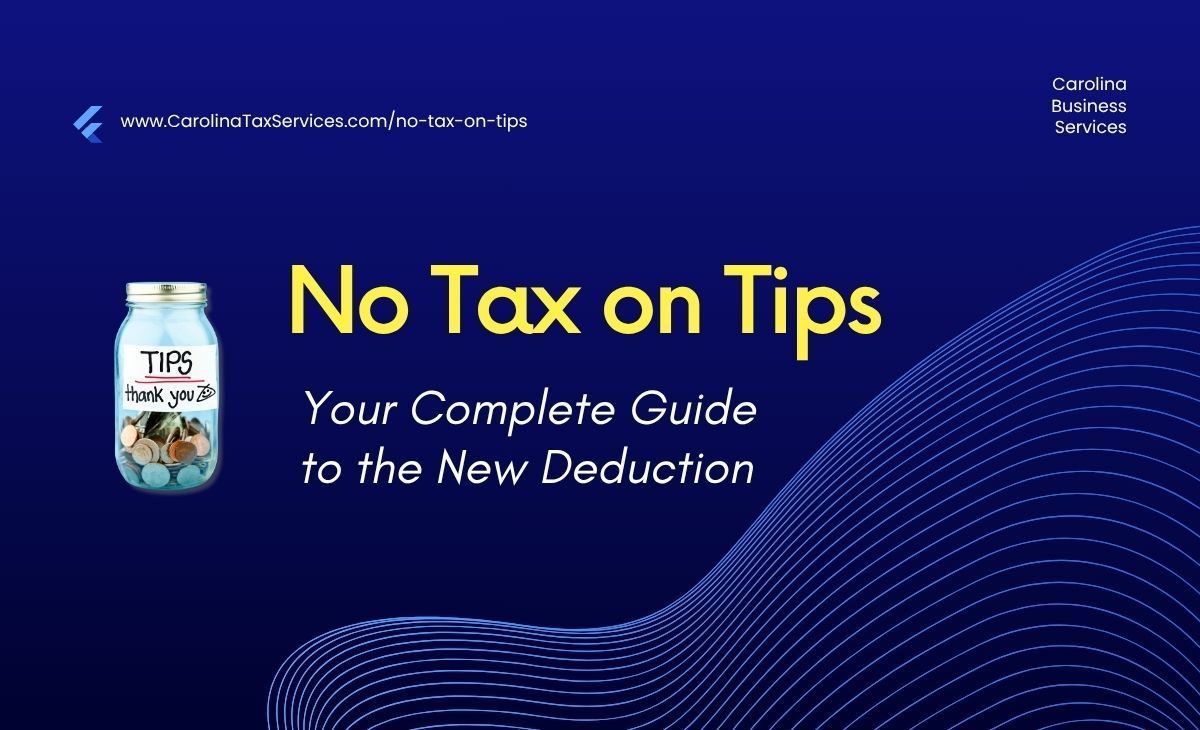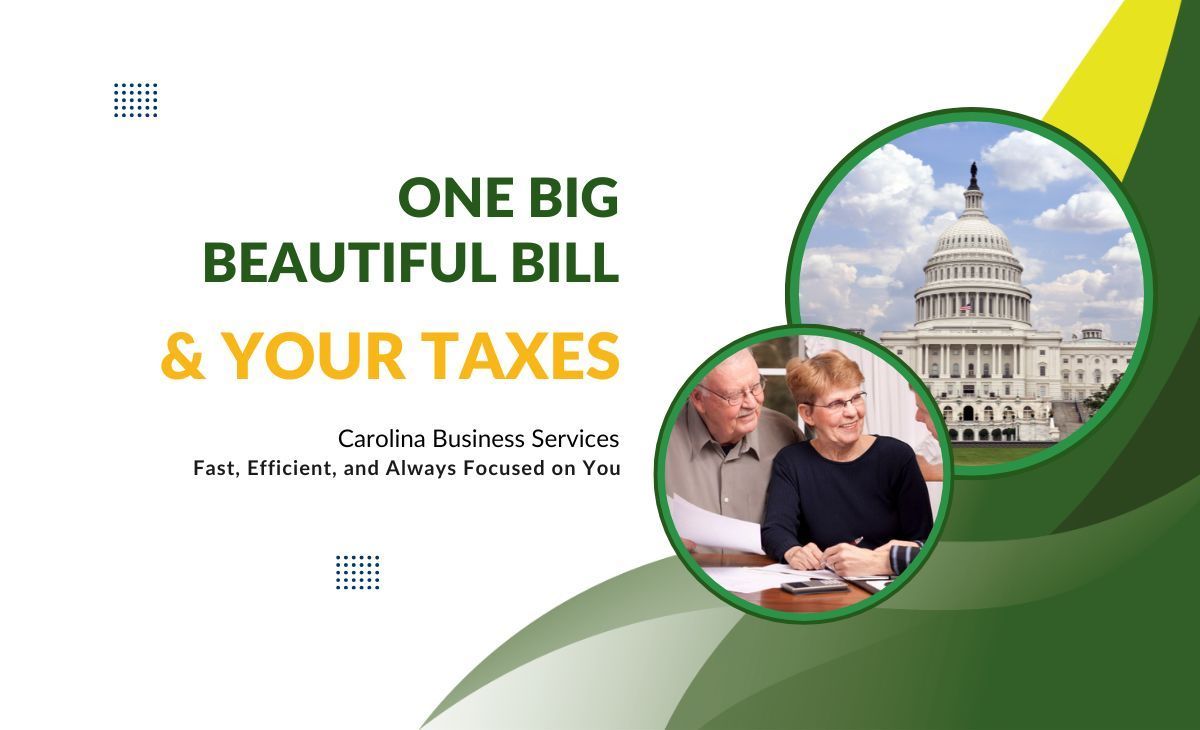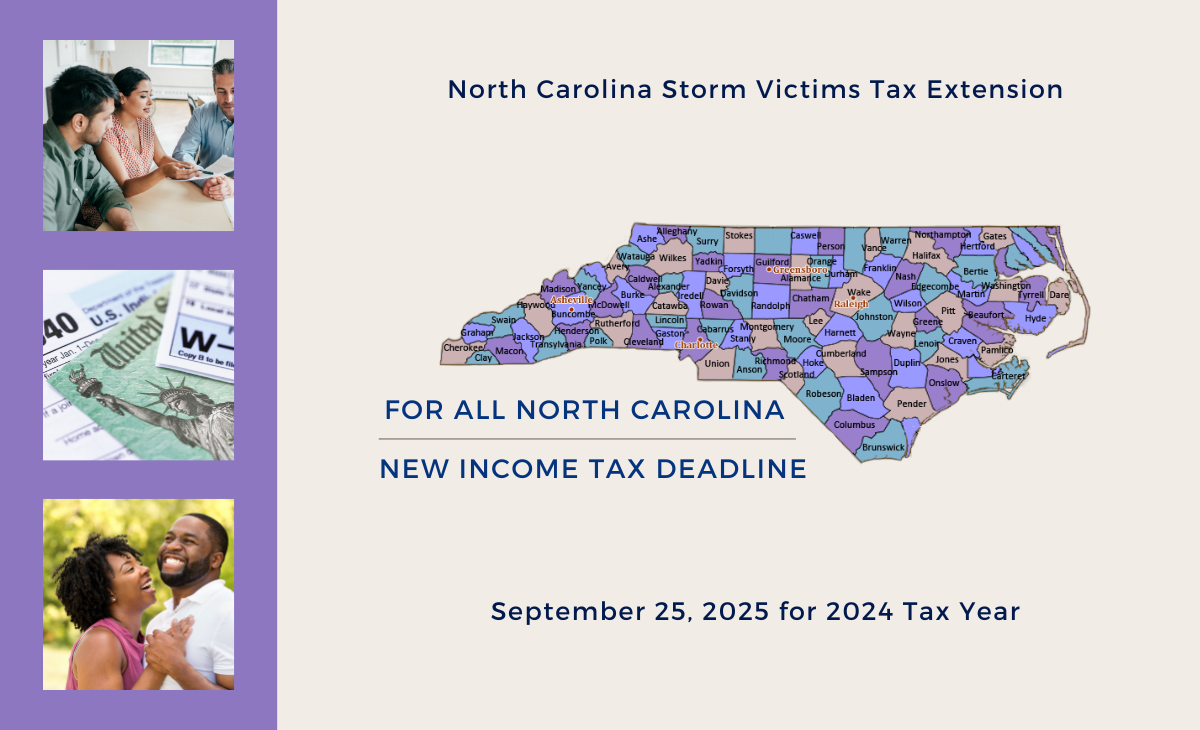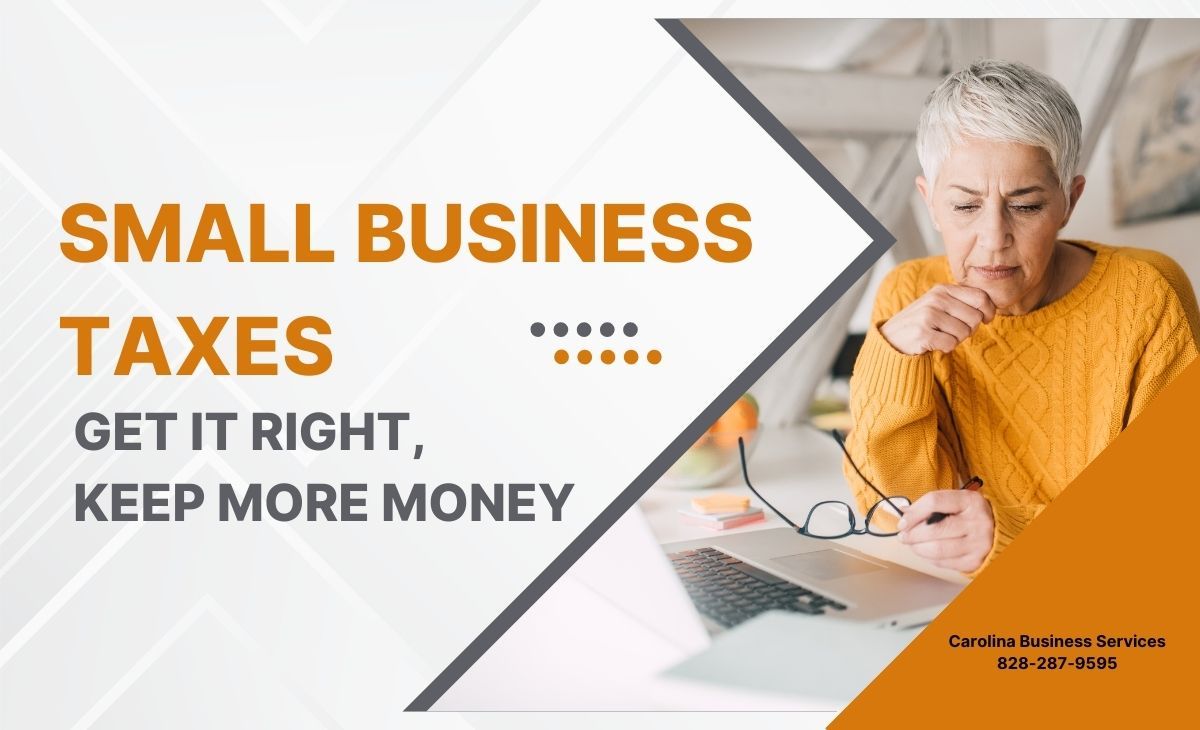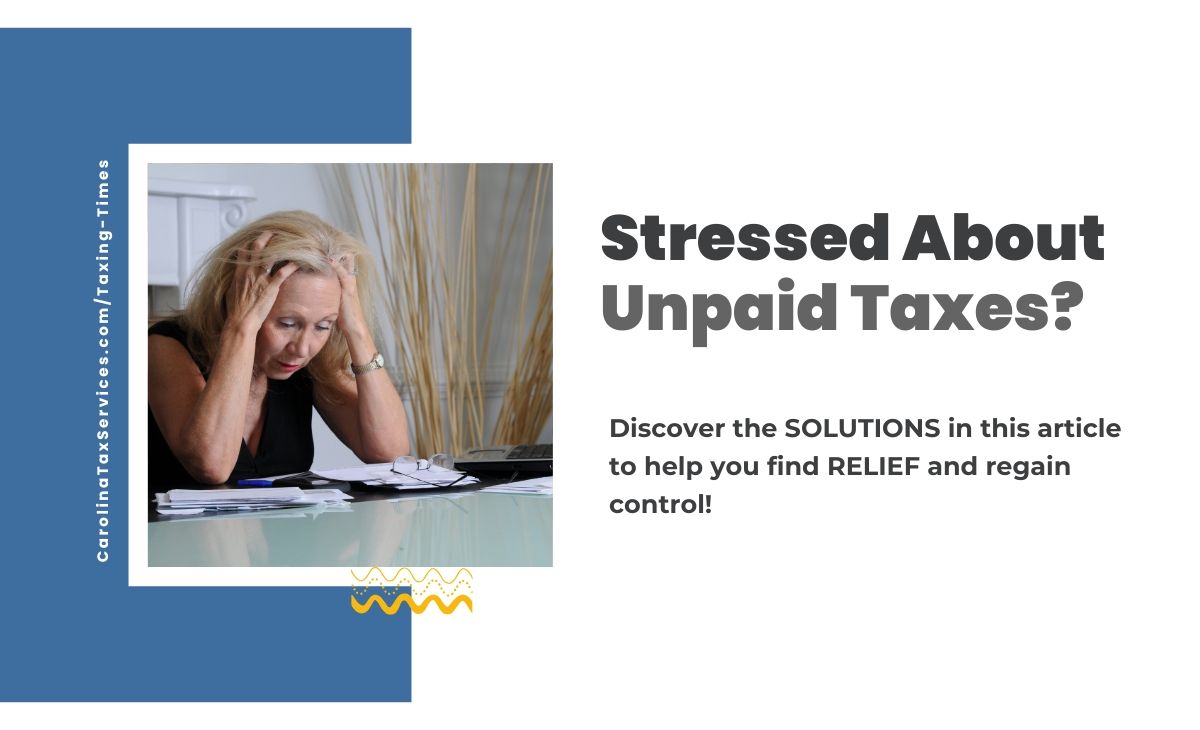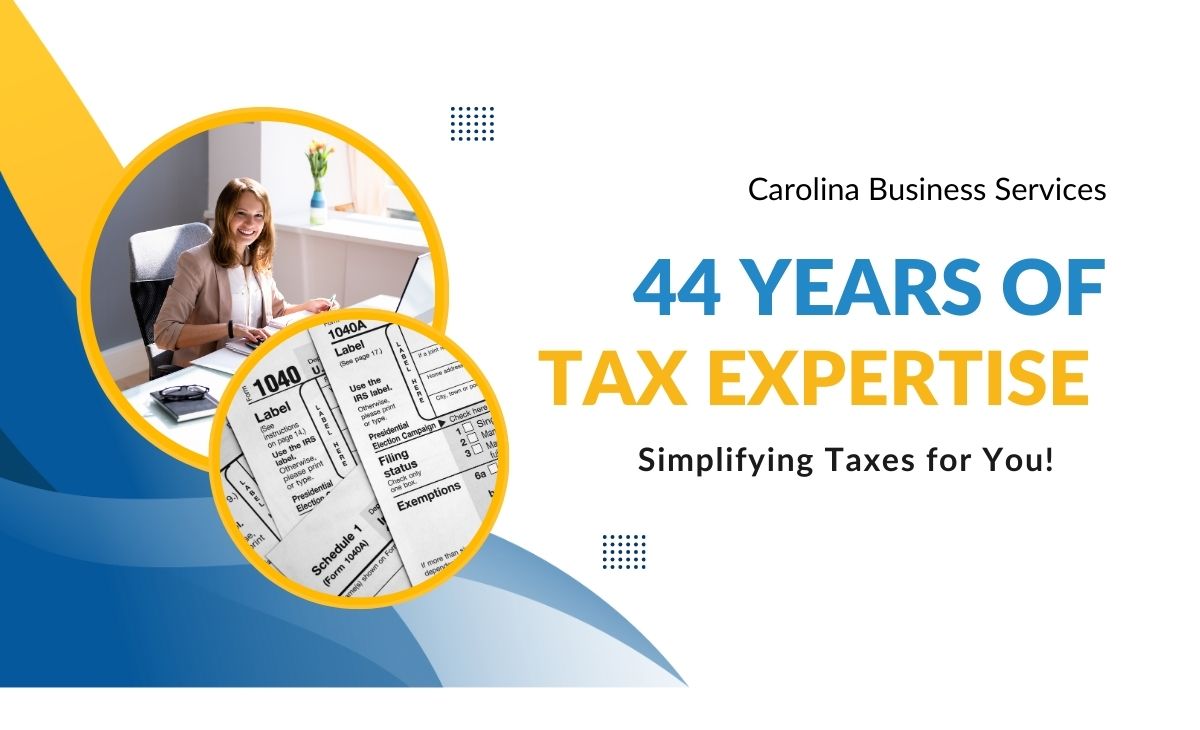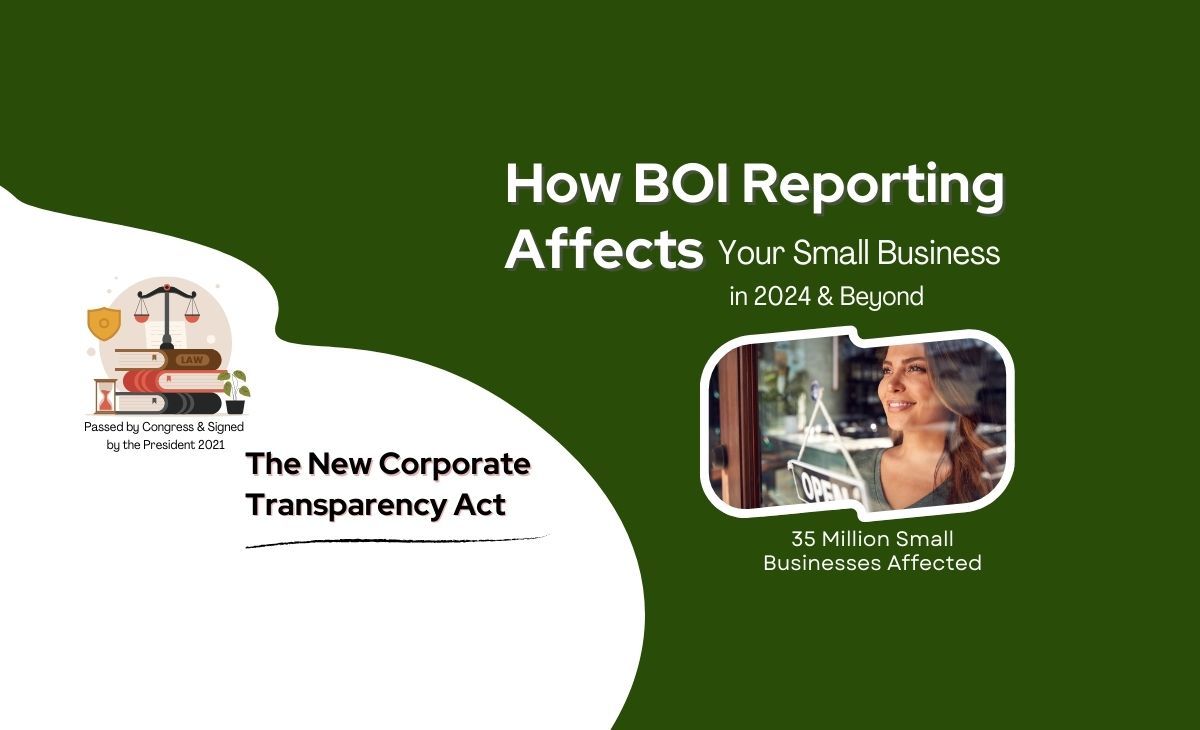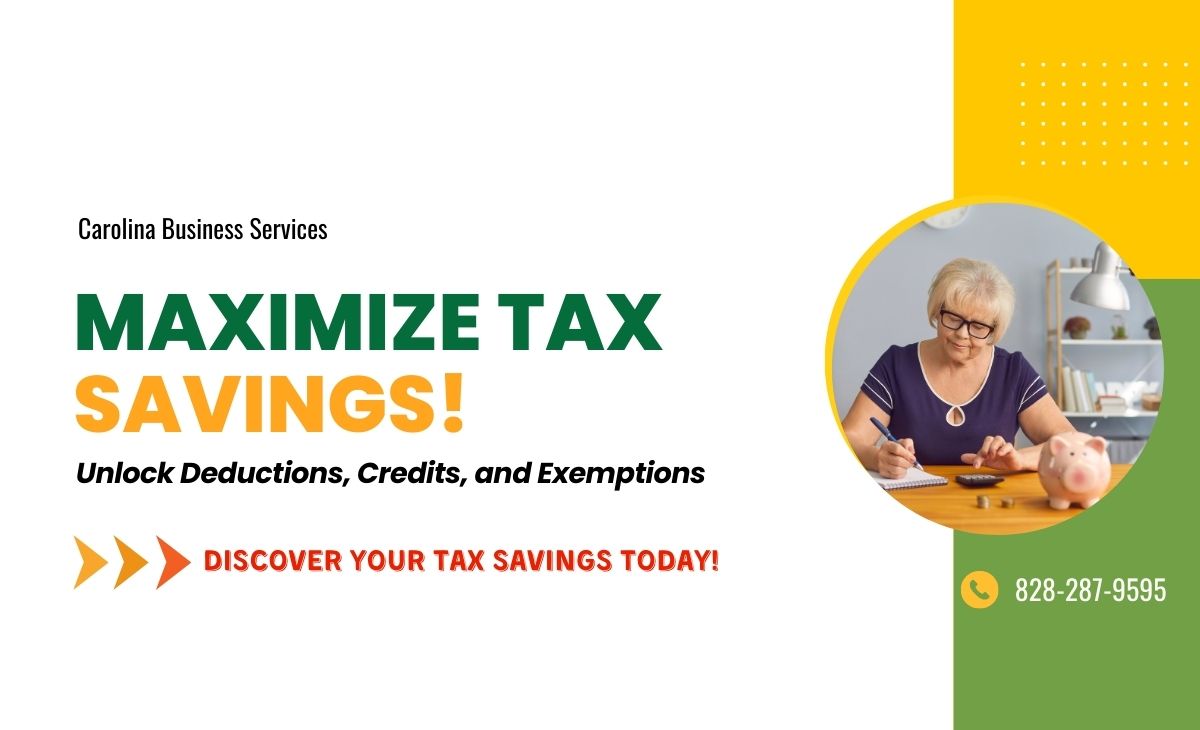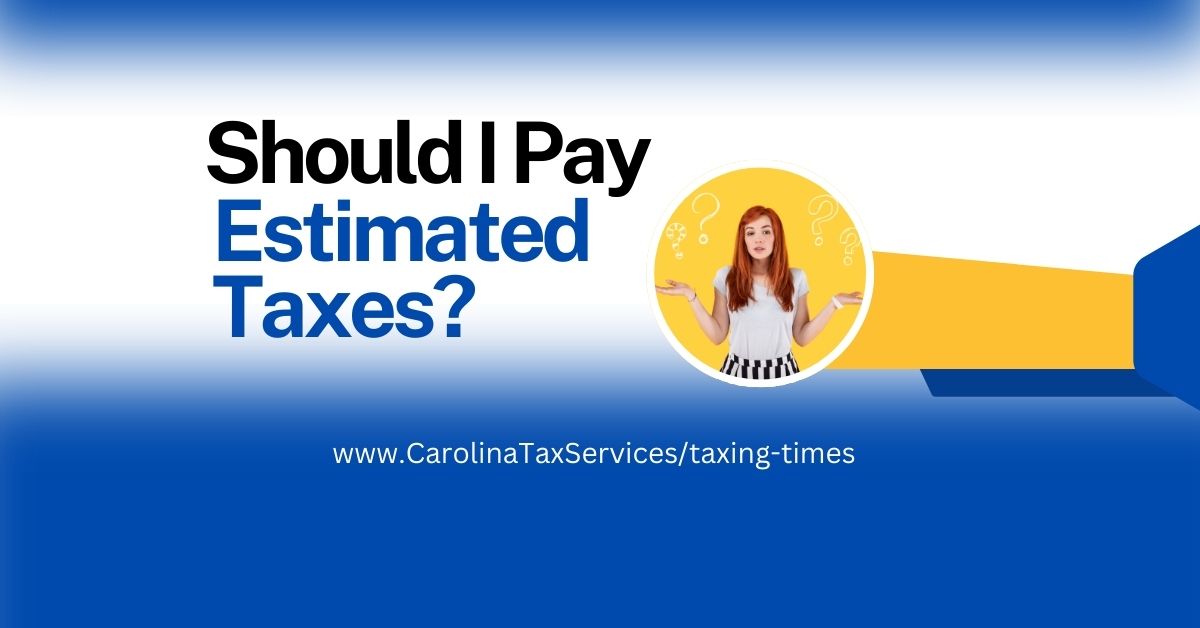IRS Dirty Dozen: Top 12 Tax Scams to Avoid
Stay Alert: IRS Top Tax Scams Unveiled
IRS "Dirty Dozen"
Tax Scams
to Watch Out For!
Learn how to protect yourself from common tax fraud and
keep your personal information safe with these expert tips.

Scammers never sleep, and in 2024, they’re back with both new tricks and old favorites. The IRS has released its annual “Dirty Dozen” list, highlighting the most dangerous tax scams of the year. These schemes can target anyone, anytime—not just during tax season. Knowing how to avoid tax scams is critical for safeguarding your personal and financial information. Let’s explore these scams and learn how to protect yourself from becoming the next victim.
1. Employee Retention Credit Claims: Is It a Scam or Legitimate?
In the wake of recent events, scammers are exploiting the Employee Retention Credit (ERC), which was designed to help businesses affected by COVID-19. Have you received a call or message promising a big refund through this credit? Beware, as this is one of the top tax scams for 2024. Scammers are exaggerating eligibility to lure people into providing personal information or paying for bogus services.
What to do:
- Double-check your eligibility for the ERC with a qualified tax professional.
- Be skeptical of unsolicited offers promising large refunds.
2. Phishing and Smishing: How to Avoid Taking the Bait
Phishing (via email) and smishing (via text) scams are more rampant than ever in 2024. These scams often come disguised as messages from the IRS or your bank, asking for sensitive information. Remember, the IRS never contacts you through email or text to request personal details.
How to protect yourself:
- Delete suspicious messages immediately.
- Do not click on any links from unknown senders.
- If you're unsure, contact the IRS directly. Call them at 1-800-829-1040 or visit the IRS website.
- The Kiplinger Guide has more informations about phishing and smishing scams.
3. Fake IRS Online Account Assistance: Protect Your Data
Scammers are not just targeting you through messages; they are also exploiting people trying to manage their taxes online. They might offer to help you set up an IRS online account, but their real aim is to steal your personal information.
Safety tips:
- Only create and manage IRS accounts directly through the official IRS website.
- Be cautious of unsolicited offers for assistance with IRS accounts; remember, the IRS never contacts you by text, phone, or email to ask for personal information.
4. False Fuel Tax Credit Claims: Why You Should Be Cautious
The Fuel Tax Credit is legitimate but only applicable for specific uses, such as farming or off-highway business operations. Scammers are encouraging false claims to increase tax refunds, making this another critical scam to watch for in 2024.
Red flags:
- Claims suggesting eligibility when you don't meet the criteria.
- Unsolicited advice to claim this credit.
5. Offer-in-Compromise Mills: Don’t Fall for This Costly Trap
The Offer in Compromise program allows some taxpayers to settle their tax debts for less than the full amount. However, scam artists, known as "mills," promise these deals to individuals who clearly do not qualify, often asking for hefty upfront fees and delivering little or no help.
How to stay safe:
- Research thoroughly before engaging any service offering tax debt relief.
- Ensure that you're dealing with a reputable, licensed tax professional.
6. Fake Charities: How to Ensure Your Donation is Safe
Fake charities often surface during crises, preying on the goodwill of individuals looking to help. Scammers promise that donations are tax-deductible but might not be IRS-approved.
Steps to verify charities:
- Check if the charity is listed on the IRS website using their tax-exempt organization search tool.
- Avoid giving out personal information unless you are certain the charity is legitimate.
7. Unscrupulous Tax Preparers: Verify Before You Trust
Not all tax preparers are trustworthy. Be wary of “ghost preparers” who base their fees on the size of your refund or refuse to sign your tax return. These are key signs of potential fraud.
How to choose the right tax preparer:
- Ensure your tax preparer is qualified, transparent, and has a good reputation.
- Check their credentials and read reviews or get recommendations from trusted sources.
- Carolina Business Services Reviews on Google
8. Bad Advice on Social Media: Why Going Viral Can Be Risky
Scrolling through social media, you might come across posts offering “tips” on how to get a bigger refund. Be cautious! These posts can often contain fraudulent advice or misinformation.
Tips to avoid bad advice:
- Verify the credibility of the source before following any tax tips.
- Consult a trusted tax professional for personalized advice.
9. Spear Phishing: How Tax Pros Can Protect Sensitive Data
Spear phishing is a targeted scam often directed at tax professionals, aiming to steal sensitive information. This is a significant concern for 2024, with scammers posing as clients to gain access to valuable data.
Protection strategies for tax professionals:
- Always verify the identity of new clients.
- Implement strong cybersecurity measures and educate staff on phishing risks.
10. High-Income Filers Beware: Bigger Targets, Bigger Risks
High-income filers are attractive targets for more complex scams, such as schemes involving inflated deductions or overseas accounts. Protecting your wealth from these scams requires careful attention and legitimate tax planning.
Preventative measures:
- Work with reputable financial advisors and tax professionals.
- Regularly review your tax strategies to ensure compliance with the law.
11. Unlawful Tax Strategies: Staying on the Right Side of the Law
While tax-saving strategies are legal, some cross into illegal territory. The IRS has flagged Micro-captive Insurance Arrangements and Syndicated Conservation Easements as schemes to watch out for.
Key questions to ask:
- Is this tax strategy legally compliant?
- Does it have legitimate economic substance, or is it purely for tax avoidance?
12. Schemes with International Elements:
Why Offshore Isn’t Out of Reach
Offshore schemes, such as hiding assets in foreign accounts, may seem like a smart tax avoidance strategy. However, these can lead to severe legal consequences if not handled correctly.
What to consider:
- Transparency is crucial—ensure all international financial activities are reported.
- Consult with experts in international tax law to ensure compliance.
Conclusion: Stay Smart, Stay Safe
By staying informed about these IRS Dirty Dozen tax scams, you can protect your personal and financial information in 2024. In today’s digital age, scammers are more sophisticated than ever. The best defense is to stay vigilant, be skeptical of offers that seem too good to be true, and always seek advice from trusted tax professionals.
Remember:
- The IRS never asks for personal information through phone calls, emails or texts.
- Legitimate tax relief programs won’t charge upfront fees.
- If you come across a scam, report it immediately to the IRS and warn others. Staying safe is a community effort, and by spreading the word, we can help protect each other from falling victim to these schemes.
- For more information or assistance with your tax preparation needs, visit Carolina Business Services.
Disclaimer: This article is intended for informational purposes only and does not provide legal, tax, or financial advice. Please consult a qualified tax professional or attorney for your specific circumstances.



